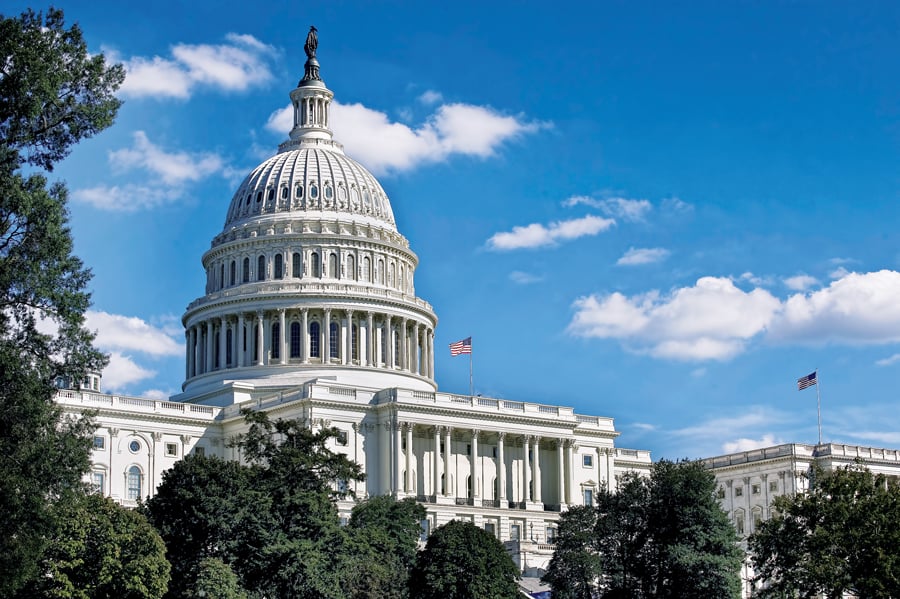

House Democrats are reviving changes to individual retirement accounts containing millions of dollars as lawmakers look to finalize the taxes on the wealthy to finance President Joe Biden’s agenda.
The changes included in a draft of the House bill released Wednesday place limits on the tax-advantaged accounts and give the Internal Revenue Service more oversight over them. The legislation, which House leaders say could get a vote as soon as Thursday, is not yet final and will likely undergo several more revisions as it moves through Congress.
The legislation would prevent contributions to traditional individual retirement accounts or Roth accounts once they reach $10 million and would require mandatory distributions for accounts that exceed that amount. The bill would also require accounts with at least $2.5 million to report their balances annually to the IRS.
The provision is prompted by concerns that wealthy Americans are using retirement accounts as powerful tax-avoidance vehicles. The most extreme example may be Peter Thiel, a billionaire who, according to a ProPublica report that cited confidential tax records, has amassed $5 billion in a Roth individual retirement account.
Despite rules that restrict contributions to retirement accounts, more than $279 billion sits in mega-IRAs, individual retirement accounts with at least $5 million each, according to Congress’s nonpartisan Joint Committee on Taxation.
Sen. Ron Wyden of Oregon, the chairman of the Senate Finance Committee, said Wednesday that he found the House action on “IRA abuse” interesting.
“It seems that the House has added a provision back in,” he said. “I’ll have to see all the details.”

While industry statistics pointing to a succession crisis can cause alarm, advisor-owners should be free to consider a middle path between staying solo and catching the surging wave of M&A.

New joint research by T. Rowe Price, MIT, and Stanford University finds more diverse asset allocations among older participants.

With its asset pipeline bursting past $13 billion, Farther is looking to build more momentum with three new managing directors.

A Department of Labor proposal to scrap a regulatory provision under ERISA could create uncertainty for fiduciaries, the trade association argues.

"We continue to feel confident about our ability to capture 90%," LPL CEO Rich Steinmeier told analysts during the firm's 2nd quarter earnings call.
Orion's Tom Wilson on delivering coordinated, high-touch service in a world where returns alone no longer set you apart.
Barely a decade old, registered index-linked annuities have quickly surged in popularity, thanks to their unique blend of protection and growth potential—an appealing option for investors looking to chart a steadier course through today's choppy market waters, says Myles Lambert, Brighthouse Financial.
